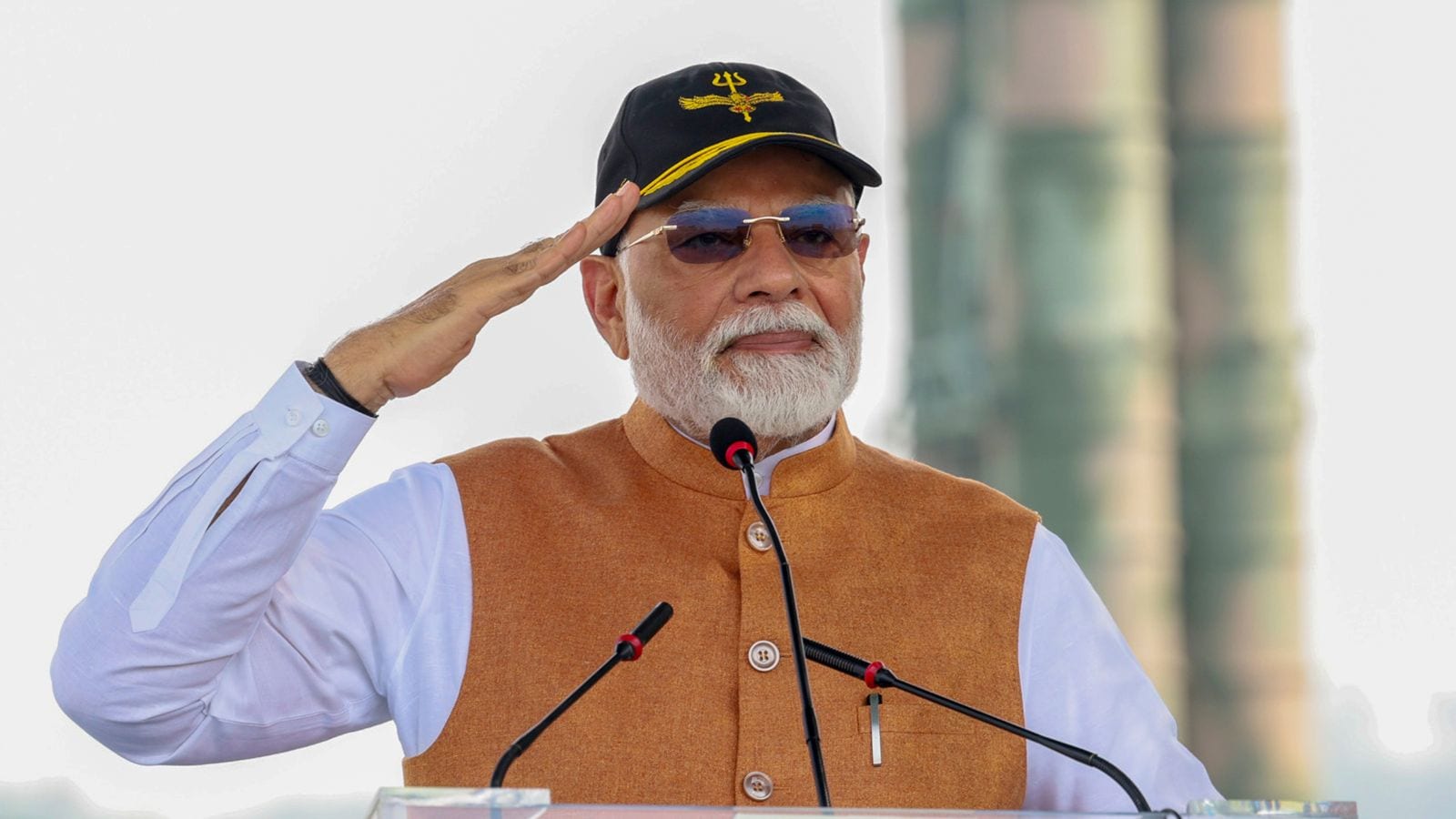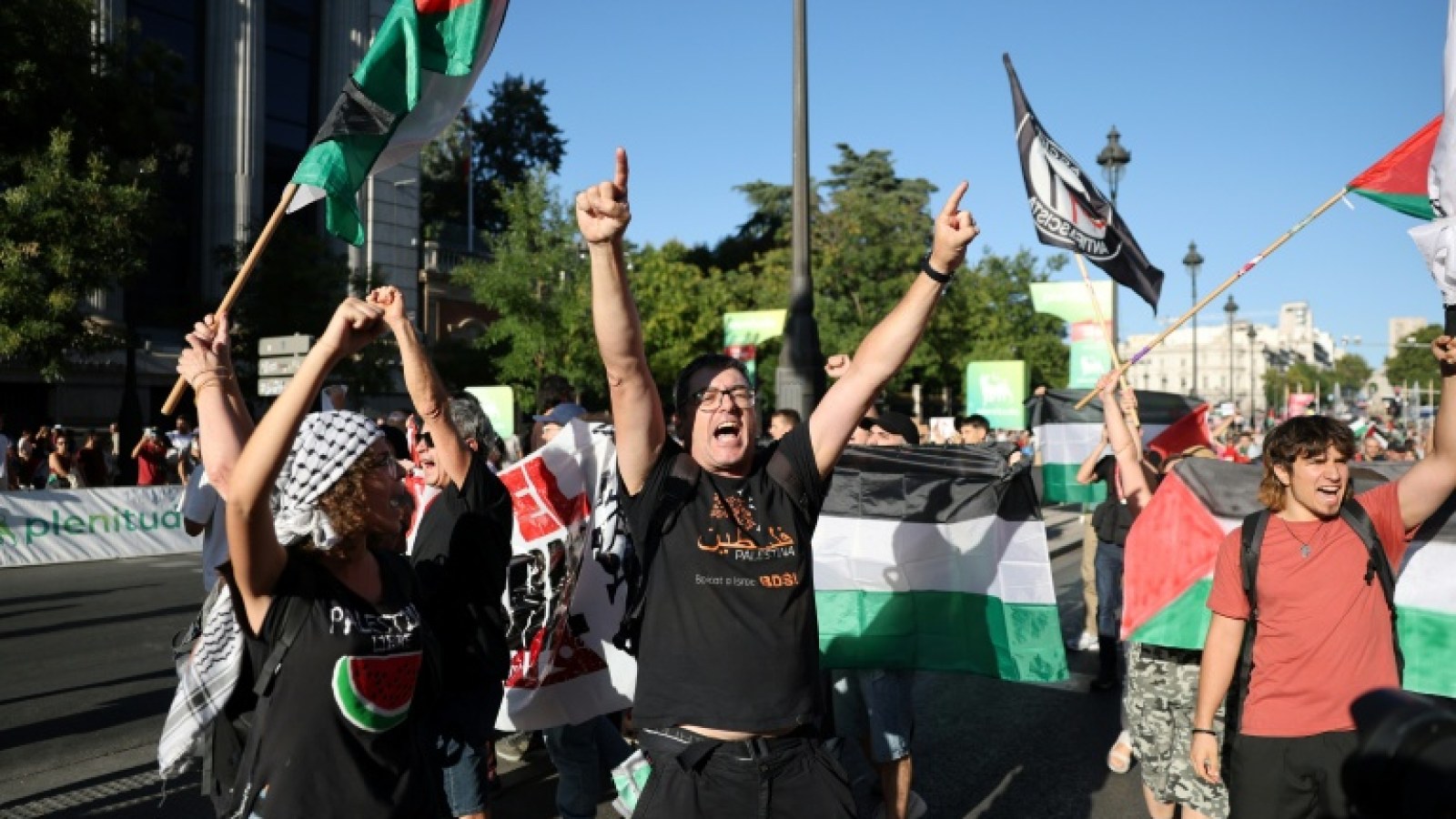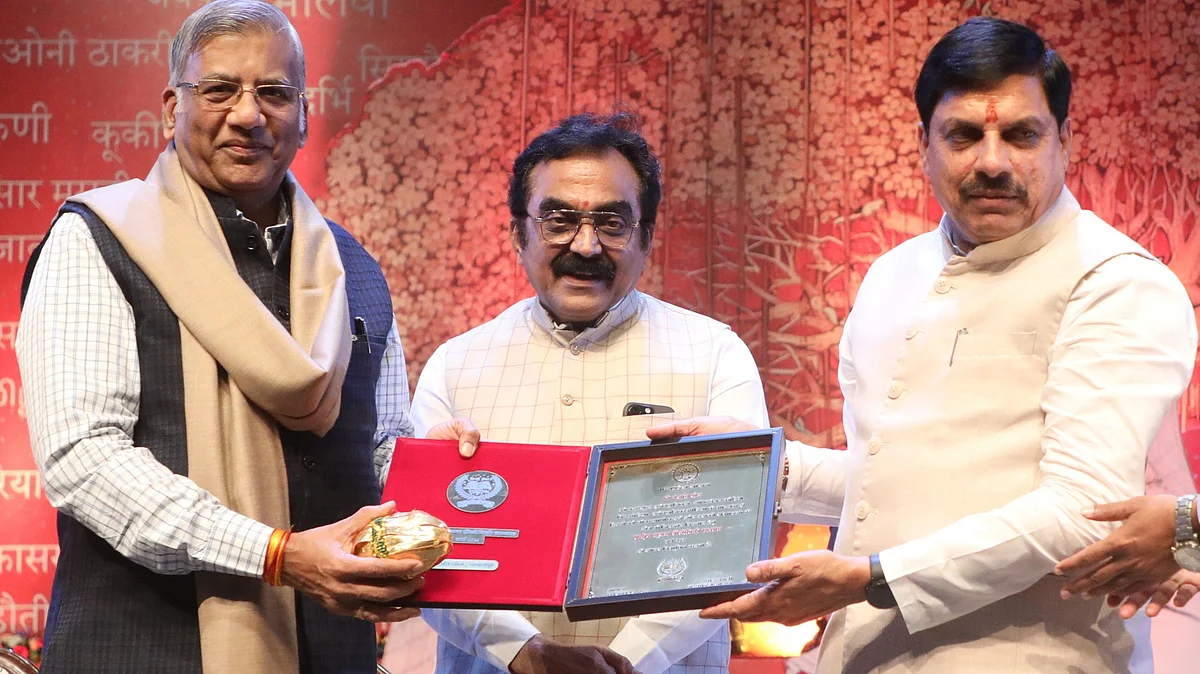By Manjiri Joshi,News18
Copyright news18

As Prime Minister Narendra Modi celebrates his birthday on September 17, several initiatives are being planned across the country to mark the occasion. His tenure as the PM, which started in 2014, have been what many call as remarkable, with several highlights along with the challenges.
From the recent goods and services tax (GST) reforms, demonetisation to surgical and Balakot airstrikes and Operation Sindoor, a look at the milestones crossed by PM Modi.
GST reforms: The latest reforms mark a major simplification of the GST structure. The GST Council has approved a new two-slab structure, scrapping the 12% and 28% brackets, easing rates on essentials, and imposing higher levies on select products. Introduced on July 1, 2017, GST unified India’s fragmented indirect tax system into a single tax structure.
Waqf (Amendment) Act: This legislation in 2025 reformed the governance of waqf properties by introducing transparency measures, digitization, audits, and inclusive representation (including for women and sects like Shias).
Operation Sindoor: Operation Sindoor was launched on May 7, 2025 to respond to the April 22, 2025 Pahalgam terror attack by Pakistan-sponsored terrorists. It focused on dismantling terrorist infrastructure and neutralising terrorists likely to be sent across to India. India’s actions were focused, measured, and non-escalatory.
Income tax rules: The Income Tax Act, 2025 has been introduced to modernise India’s direct tax framework, focusing to simplify and streamline tax legislation, making it more accessible, transparent, and less prone to litigation. By adopting plain language and restructuring provisions logically, the Act aims to reduce taxpayer confusion and improve voluntary compliance. It also seeks to minimise disputes through clearer definitions and harmonized assessment timelines. By simplifying tax slabs, rationalizing exemptions, and integrating digital compliance mechanisms, the Act seeks to reduce administrative burdens while fostering a culture of voluntary compliance, according to a PIB note.
Ayodhya Ram Mandir: The Supreme Court in 2019 ruled in favour of the construction of a Ram temple at the disputed site in Ayodhya. PM Modi attended the temple’s consecration in January 2024, fulfilling a key promise of the BJP government.
Triple talaq ban: After the Supreme Court declared instant triple talaq unconstitutional in 2017, the Modi government passed a law against it in 2019, in what was hailed as a landmark victory for Muslim women’s rights and gender justice.
Abrogation of Article 370: On August 5, 2019, the government revoked Jammu and Kashmir’s special constitutional status under Article 370 and bifurcated it into two Union Territories—J&K and Ladakh.
Balakot airstrike: In response to the 2019 Pulwama terror attack on 40 Central Reserve Police Force (CRPF) personnel, the Indian Air Force (IAF) carried out an airstrike on a Jaish-e-Mohammed camp in Balakot, Pakistan. This was the first aerial cross-border strike since 1971.
Citizenship Amendment Act (CAA): The CAA made way for Indian citizenship for persecuted minorities (Hindus, Sikhs, Jains, Parsis, Buddhists, Christians) from Pakistan, Bangladesh, and Afghanistan in 2019.
Demonetisation: On November 8, 2016, PM Modi announced the demonetisation of Rs 500 and Rs 1,000 notes to fight black money, counterfeit currency, and terror financing.
Surgical strikes: Following the Uri terror attack, India conducted a military operation across the Line of Control in 2016, targeting terror launch pads in Pakistan-occupied Kashmir.
Digital India: With a focus on improving internet access, digital literacy and e-governance, the campaign, launched in 2015, laid the groundwork for innovations like UPI (Unified Payments Interface), Aadhaar integration, and public service digitisation across rural and urban India.
Swachh Bharat Abhiyan: Launched on October 2, 2014, this nationwide cleanliness campaign aimed to eliminate open defecation and improve solid waste management. The mission led to the construction of over 100 million toilets.
Jan Dhan Yojana: The Pradhan Mantri Jan Dhan Yojana, launched in 2014-15, brought millions of previously unbanked citizens into the formal banking system. It enabled direct benefit transfers (DBTs), subsidies, and welfare schemes to reach beneficiaries more transparently and efficiently.



